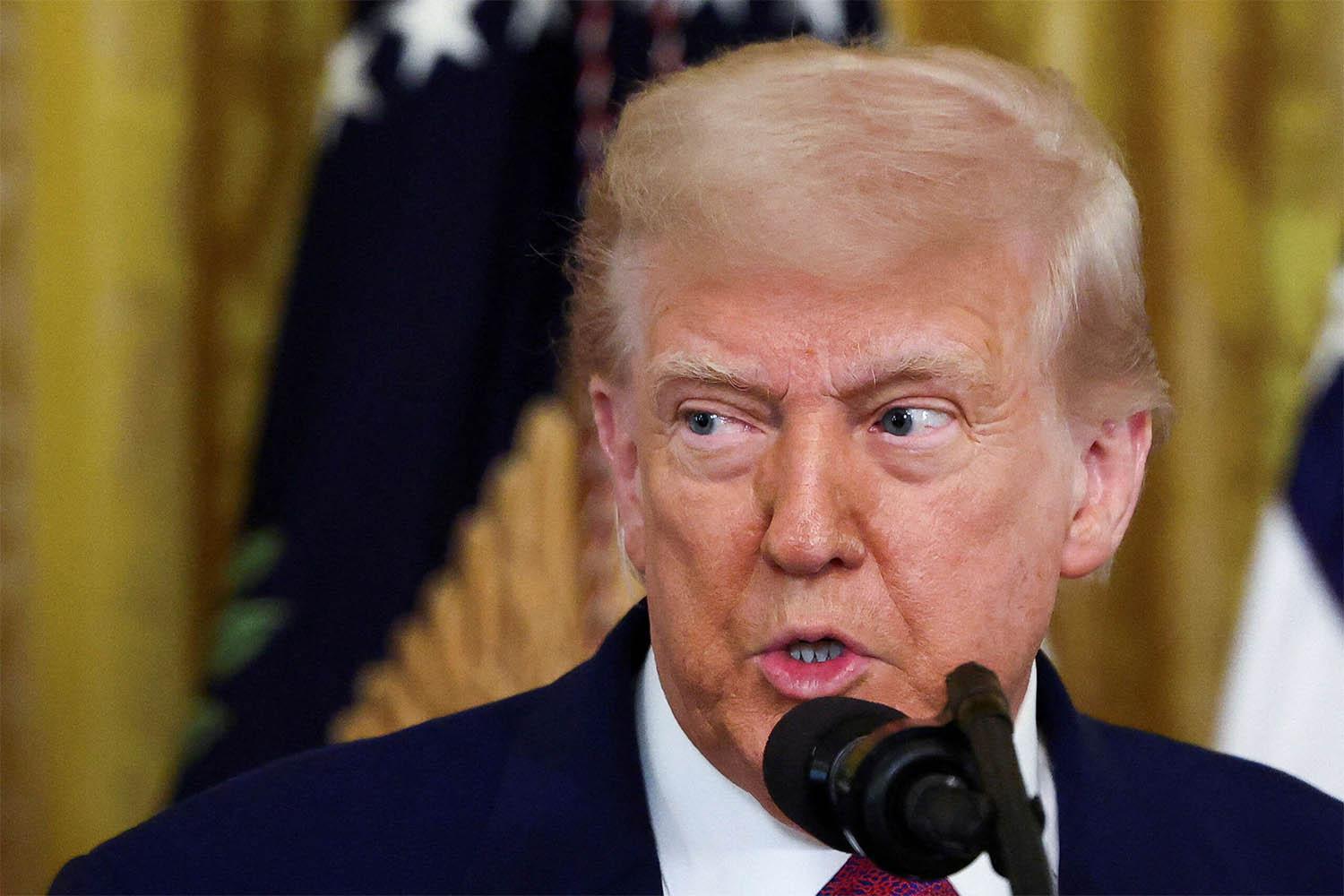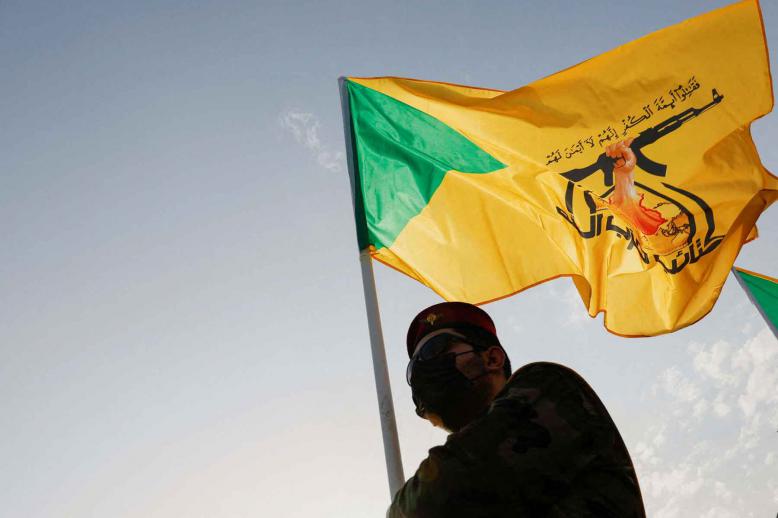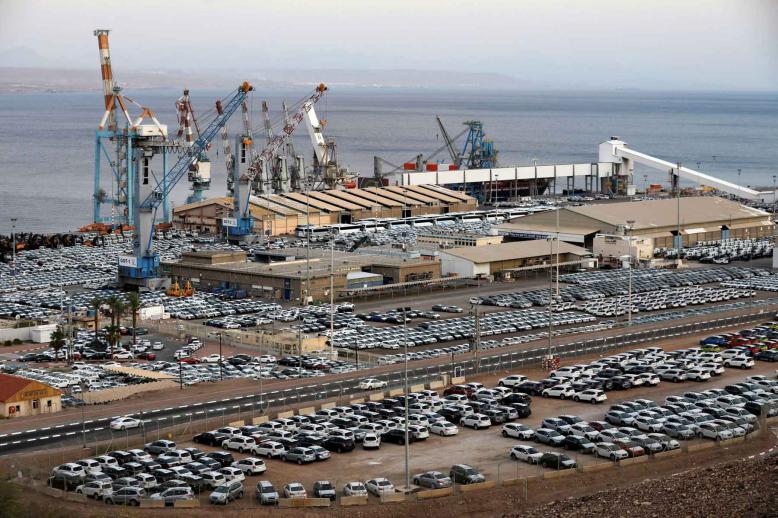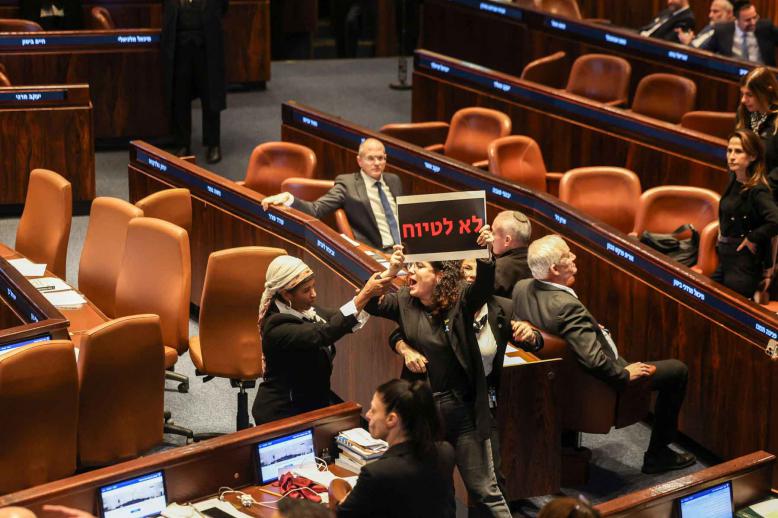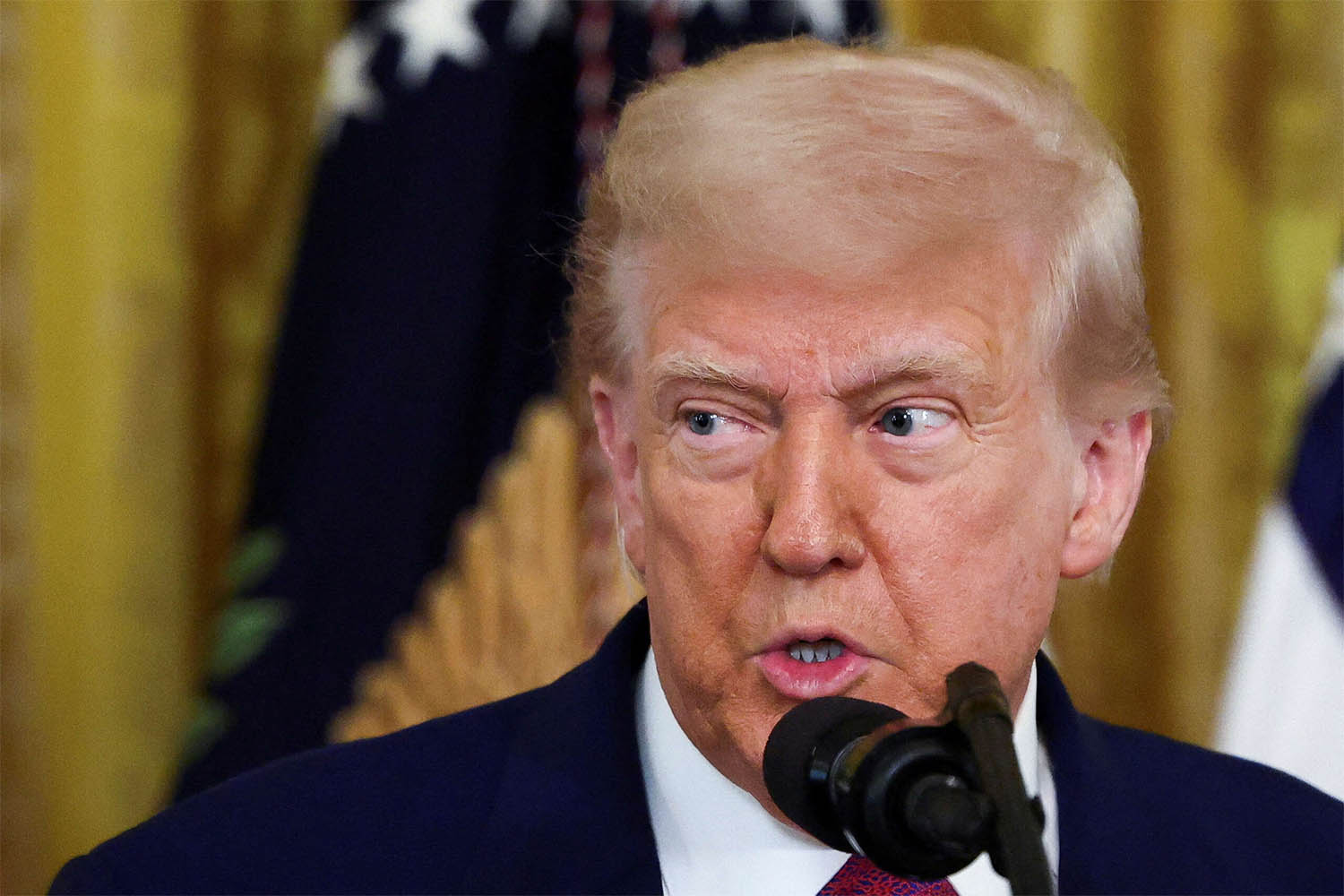Trump says not too late for Iran to halt Israeli attacks
JERUSALEM/DUBAI/WASHINGTON - Israel launched a huge wave of airstrikes across Iran on Friday, blasting Iran's huge underground nuclear site, wiping out its entire top echelon of military commanders and killing nuclear scientists in the biggest ever direct attack between the foes.
Iran said "the gates of hell will open" in retaliation, while Israel said the strikes were only the start of its campaign. US President Donald Trump said it was not too late for Iran to halt the Israeli attacks by reaching a deal to curb its nuclear programme.
As evening fell on Friday, Iranian media reported a number of explosions in what appeared to be a second wave of strikes.
"Moments ago, Israel launched Operation Rising Lion, a targeted military operation to roll back the Iranian threat to Israel's very survival," Prime Minister Benjamin Netanyahu said early on Friday in a televised address that invoked the failure of the world to prevent the Holocaust in World War Two.
Israel's operation "will continue for as many days as it takes to remove this threat," he said. "Generations from now, history will record our generation stood its ground, acted in time and secured our common future."
Iran's Supreme Leader Ayatollah Ali Khamenei said Israel had "unleashed its wicked and bloody" hand, and would suffer "a bitter fate".
In a phone interview with Reuters, Trump said it was not clear if Iran's nuclear programme had survived, but it was not too late for Iran to make a deal to halt the Israeli assault.
He said nuclear talks between Tehran and the United States, scheduled for Sunday, were still on the agenda though he was not sure if they would take place.
"I tried to save Iran humiliation and death," Trump said.
Earlier, he posted on Truth Social: "Iran must make a deal, before there is nothing left."
DECAPITATION
Two regional sources said at least 20 Iranian military commanders were killed, a stunning decapitation reminiscent of Israeli attacks that swiftly wiped out the leadership of Lebanon's once-feared Hezbollah militia last year.
Among the generals killed on Friday were the armed forces chief of staff, Major General Mohammad Bagheri, and the Revolutionary Guards chief, Hossein Salami.
Major General Mohammad Pakpour, swiftly promoted to replace Salami as Guards commander, vowed retaliation in a letter to the Supreme Leader read out on state television: “The gates of hell will open to the child-killing regime."
Twenty people Reuters spoke to inside Iran described an atmosphere of fear and anger, with some people rushing to change money and others seeking a way out of the country to safety.
"People on my street rushed out of their homes in panic, we were all terrified," said Marziyeh, 39, who was awakened by a huge blast in Natanz, a city that houses the huge underground facility where Iran purifies the uranium that Israel said could be used to make a nuclear bomb.
While some Iranians quietly hoped the attack would lead to changes in Iran's hardline clerical leadership, others vowed to rally behind the authorities.
"I will fight and die for our right to a nuclear programme. Israel and its ally America cannot take it away from us with these attacks," said Ali, a member of the pro-government Basij militia in Qom.
Iranian media showed images of destroyed apartment blocks, and said nearly 80 civilians were killed in attacks that targeted nuclear scientists in their beds and wounded more than 300 people.
Iran's ability to retaliate with weapons fired by its regional proxies has been degraded over the past year, with the downfall of its ally Bashar al-Assad in Syria and the decimation of Hezbollah in Lebanon and Hamas in Gaza.
'COWARDLY'
Israel said that Iran had launched around 100 drones towards Israeli territory in retaliation on Friday, but Iran denied this and there were no reports of any drones reaching Israeli targets.
The United Nations Security Council was due to meet on Friday at Tehran's request. Iran said in a letter to the Council that it would respond decisively and proportionally to Israel's "unlawful" and "cowardly" acts.
The price of crude leapt on fears of wider retaliatory attacks across a major oil-producing region, although there were no reports that oil production or storage was damaged. OPEC said the escalation did not justify any immediate changes to oil supply.
An Israeli security source said Mossad commandos had been operating deep inside the Islamic Republic before the attack, and the Israeli spy agency and military had mounted a series of covert operations against Iran's strategic missile array.
Israel also established an attack-drone base near Tehran, the source added. The military said it had bombarded Iran's air defences, destroying "dozens of radars and surface-to-air missile launchers".
Israeli officials said it may be some time before the extent is clear of damage to the underground nuclear site at Natanz, where Iran has refined uranium to levels Western countries have long said are suitable for a bomb rather than civilian use.
Iran has long insisted its nuclear programme is for civilian purposes only. The UN nuclear watchdog concluded this week that it was in violation of its obligations under the global non-proliferation treaty.
Tehran had been engaged in talks with the Trump administration on a deal to curb its nuclear programme to replace one that Trump abandoned in 2018. Tehran had rejected the last US offer.


